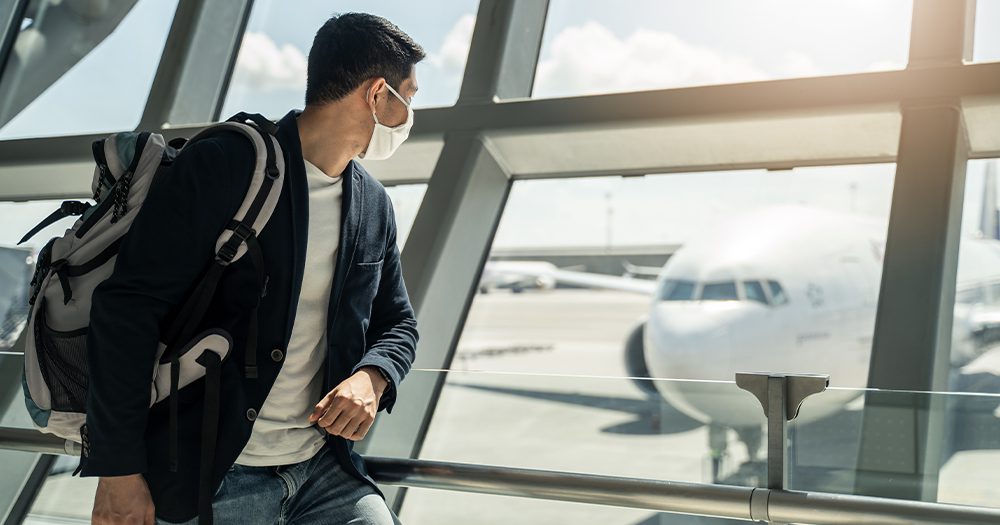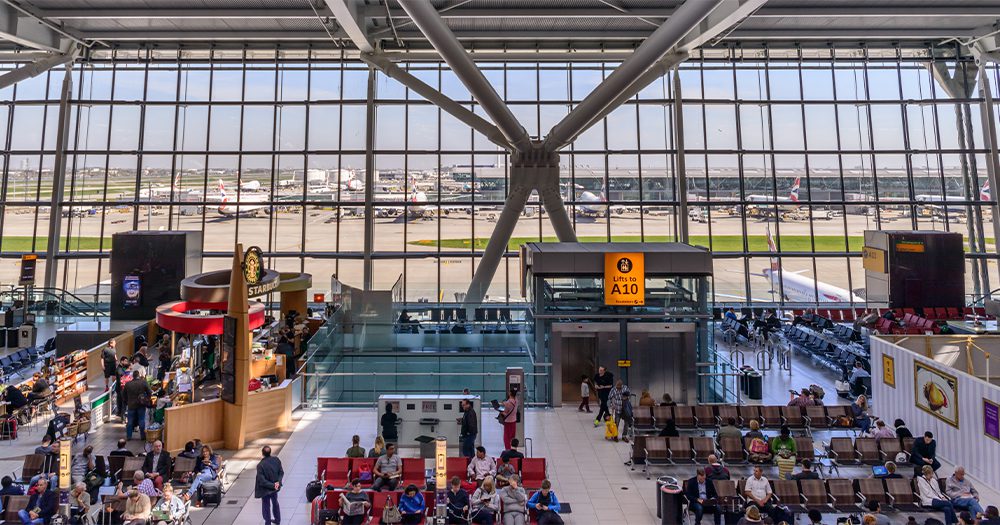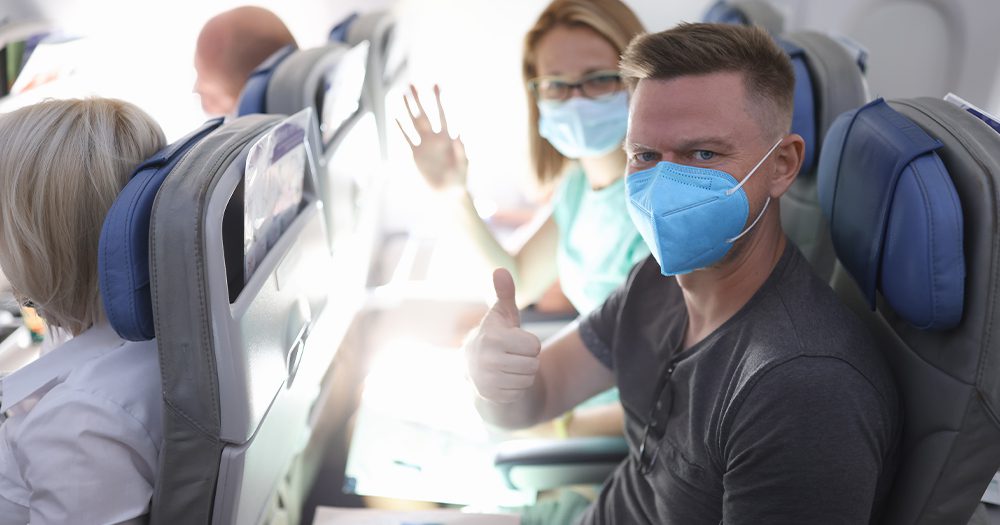This week the recommendation to wear masks at airports and on flights within the European Union will be withdrawn, but it’s still a good idea to bring them along, as some countries and airlines are still requiring them.
Every country has different rules, but in most of them wearing a mask depends on the rules in the countries of origin and destination, and if required in the departure or destination country the majority of airlines will tell passengers to wear them during the flight.
Although on May 11, the European Union Aviation Safety Agency (EASA) and the European Center for Disease Prevention and Control (ECDC) announced that starting on 16 May they were withdrawing their recommendation that facemasks be obligatory on flights and at airports as part of ongoing anti-Covid measures, the reality is that not all countries and companies have the same rules or standards.
For example, British Airways and Air France have already said that they consider facemask wearing to be optional if and only if the flight destination authorities do not require them to be worn.
Alitalia said that passengers flying to Italy will have to continue using facemasks on Italian aircraft and officials with the Italian Civil Aviation Authority (ENAC) have already said that “it’s easy to imagine that a problem of sovereignty will arise onboard aircraft that are not Italian-flagged.”
Your rundown of the situation in a number of EU countries

Greece still requires masks at airports and on aircraft, as well as in all interior spaces, and in Austria, the Health Ministry told EFE that masks will remain obligatory on flights and at airports after May 16.
Turkey, too, still requires that people wear masks in airports and on flights, as well as on all other public transportation, although this requirement is being steadily relaxed.
A special case is The Netherlands, where facemasks will no longer be required at airports starting May 21, but the Dutch airlines KLM and Transavia withdrew their mask requirements for passengers two months ago due to the fear of violence by vehement anti-maskers onboard flights.
Portugal requires facemask use onboard all public transportation, including air travel, although not at airports, and Italy will still require FFP2 masks or better on all flights at least through June 15, and although masks are not required at airports the decision on their use has been left up to airport managers.
In Spain, too, masks are still required on public transportation, although not in the airports, and Germany, meanwhile, will continue to require masks on all flights landing in or departing from the country, but not in airports even though that is still recommended by health authorities.
In France, masks will not be required on domestic flights or on intra-European Union flights. Air France said that if masks are obligatory in the destination country, then they will be required on flights heading there.

In the United Kingdom and Ireland, mask-wearing depends on the destination, although the requirement to wear a mask in public places was withdrawn in England in late January, and British Airways said Monday that masks will not be required on flights to countries where they are not required for air travel.
Brussels Airlines stopped requiring mask use on May 3 after withdrawing the mask requirement at airports in the Belgian capital on March 7, although their use is still recommended.
In the Scandinavian countries, most mask restrictions were withdrawn starting in mid-February, with Finnair saying that their use is optional unless origin or destination countries require it.
Mask use has not been obligatory in public spaces in Poland since March 28 with the exception of health facilities, while in Hungary, the Budapest international airport also ended its mask requirement in March although their use depends on individual airlines’ rules.
Romania also ended mask requirements at airports on March 9, when it ended the “state of emergency,” but on flights mask use still depends on the requirements of the airlines.
The Czech Republic lifted its mask requirement at airports on March 14, but the management of Prague’s Vaclav Havel International Airport still advises people to continue wearing them.
Source: AAP





